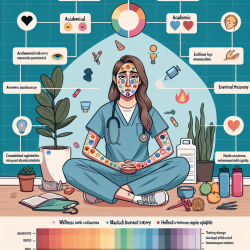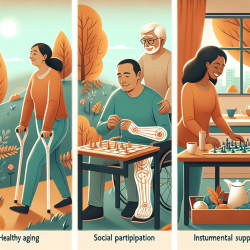Understanding Adolescent Mental Health in Saudi Arabia: Key Insights for Practitioners
As professionals dedicated to improving the mental health outcomes of adolescents, it is crucial to base our interventions on solid research. The Jeeluna® national study, conducted in Saudi Arabia, offers valuable insights into the predictors of mental health problems among adolescents. This research highlights the prevalence of feelings of sadness, hopelessness, and worry among Saudi adolescents, with significant associations identified with gender, age, familial relationships, body image, and chronic illness.
Key Findings from the Jeeluna® Study
The study surveyed 12,121 students aged 10-19 years, revealing that mental health symptoms are notably more prevalent among females and older adolescents. The data indicates that:
- 14% of adolescents reported feeling so sad or hopeless.
- 6% reported feeling worried.
- Poor relationships with parents, negative body image, and chronic illness were significantly associated with these feelings.
Implications for Practitioners
For practitioners, these findings underscore the importance of adopting comprehensive strategies that address these underlying factors. Here are some actionable steps:
- Regular Screening: Implement regular mental health screenings in schools to identify early signs of depression and anxiety.
- Family Involvement: Encourage strong family relationships by educating parents on effective communication and the impact of familial support on adolescent mental health.
- Body Image Awareness: Promote positive body image through school programs that challenge societal standards and encourage self-acceptance.
- Support for Chronic Illness: Provide targeted support for adolescents with chronic illnesses, addressing both physical and mental health needs.
Encouraging Further Research
The Jeeluna® study provides a foundation for further research into adolescent mental health in the Middle East. Practitioners are encouraged to explore these areas in more depth, particularly focusing on longitudinal studies that can offer insights into the long-term effects of these risk factors.
Conclusion
Adolescent mental health is a pressing public health issue that requires our attention and action. By integrating the findings from the Jeeluna® study into practice, we can better support adolescents in Saudi Arabia and beyond. For those interested in delving deeper into the research, I highly recommend reading the original study.
To read the original research paper, please follow this link: Predictors of adolescents’ mental health problems in Saudi Arabia: findings from the Jeeluna® national study.










